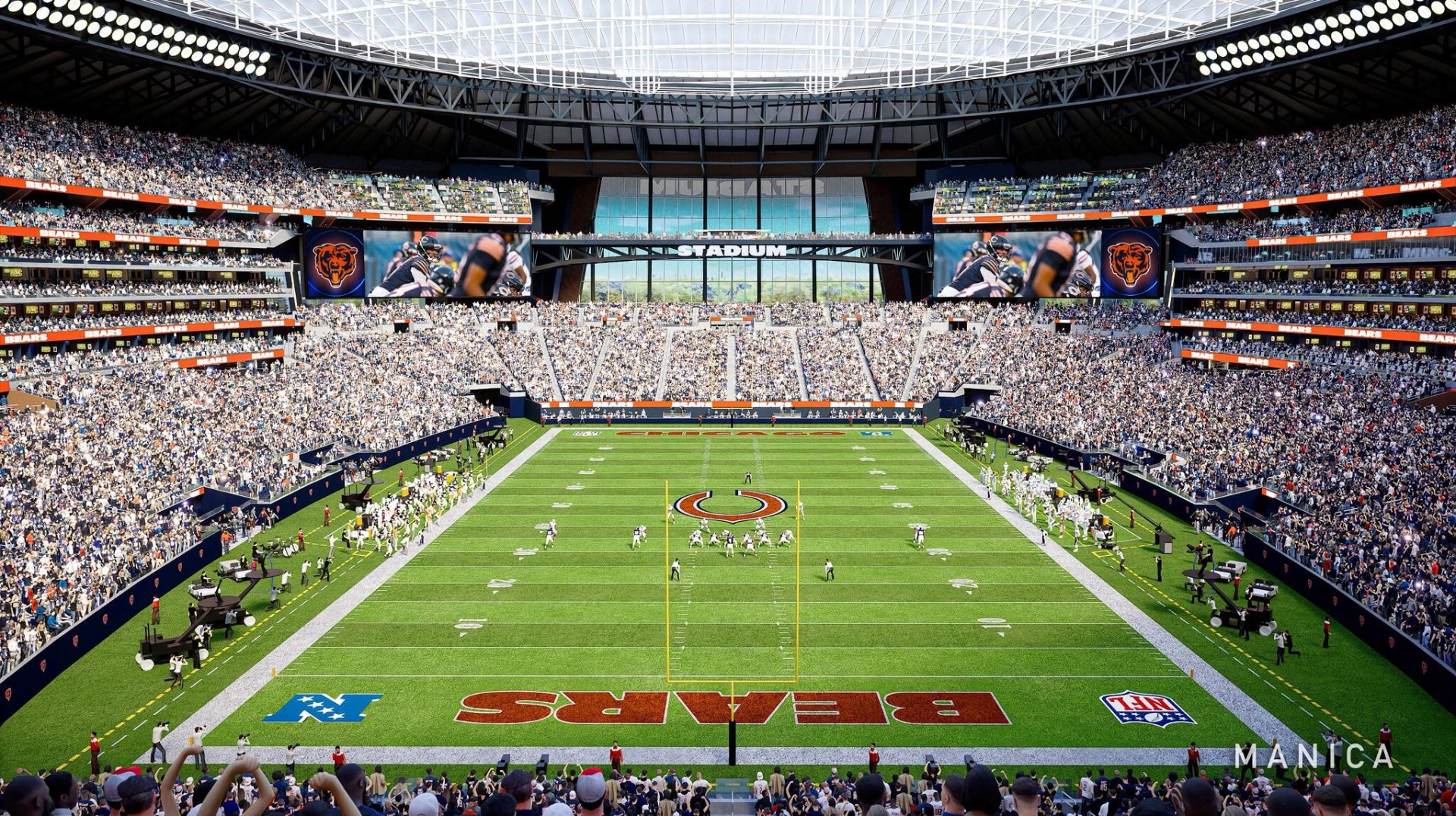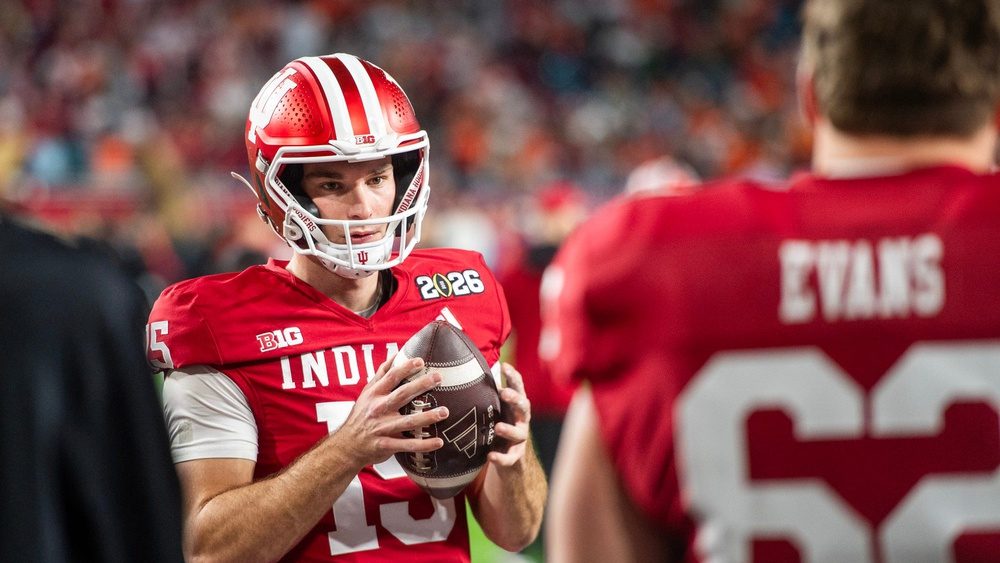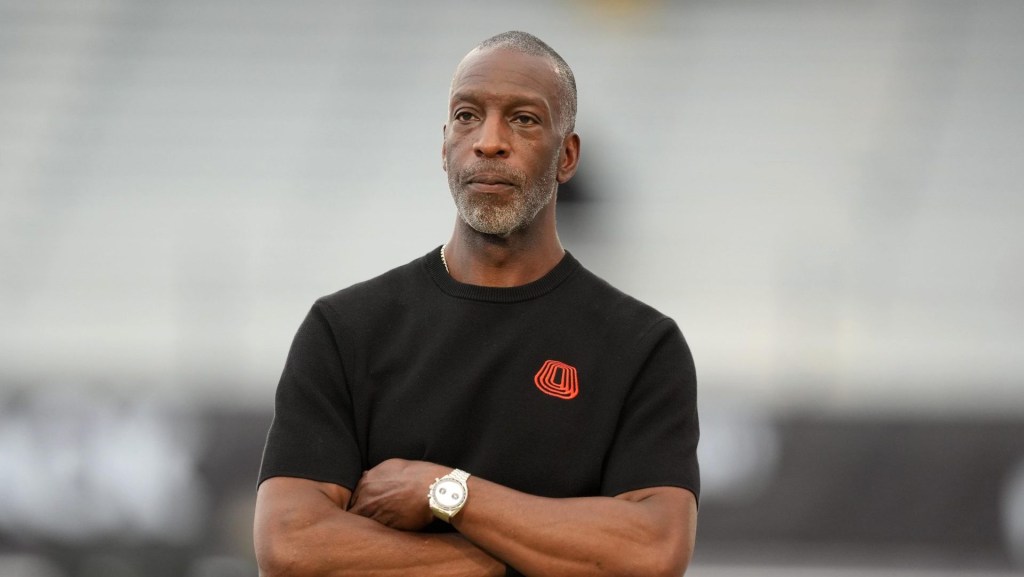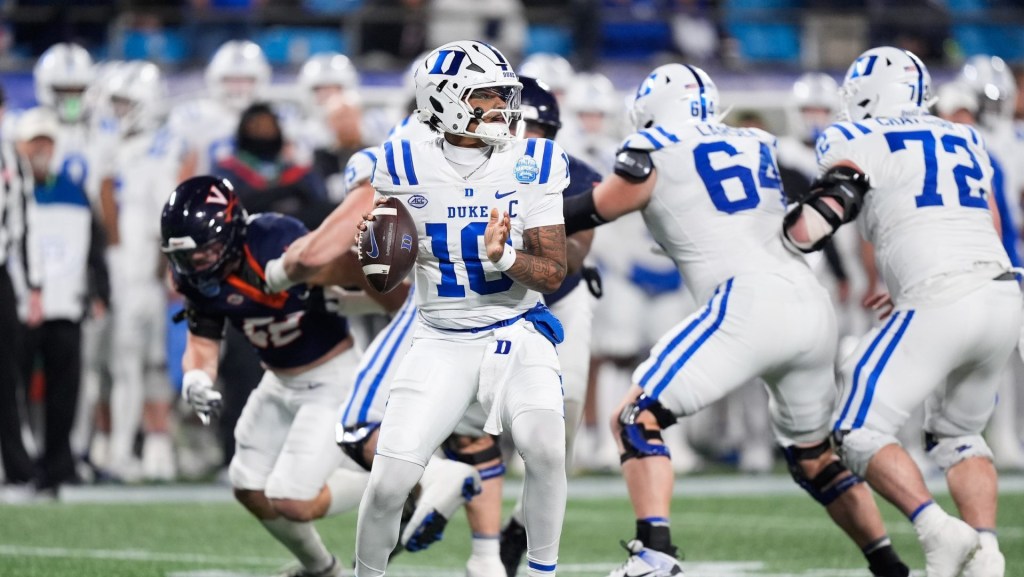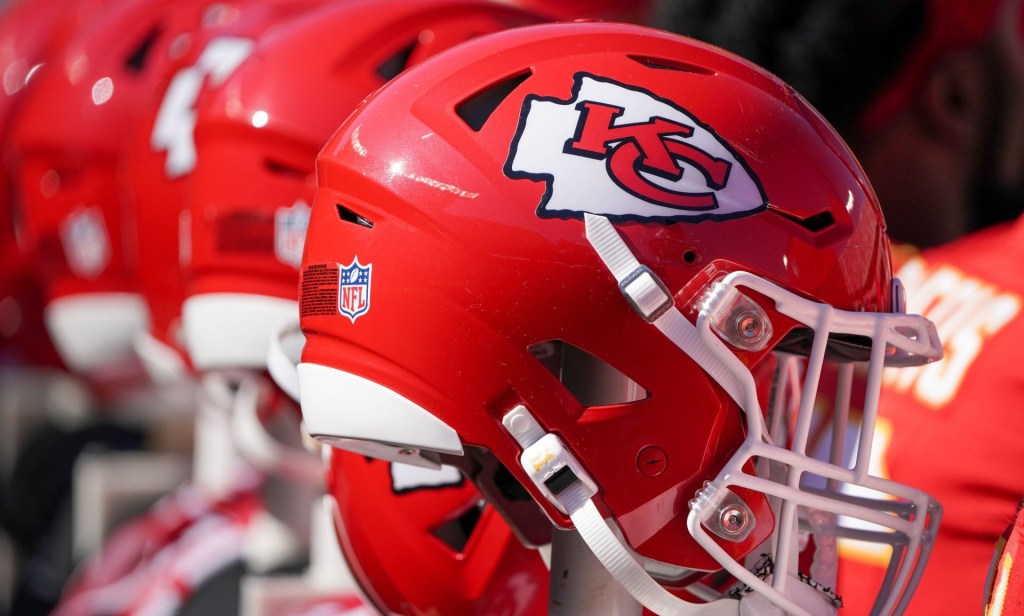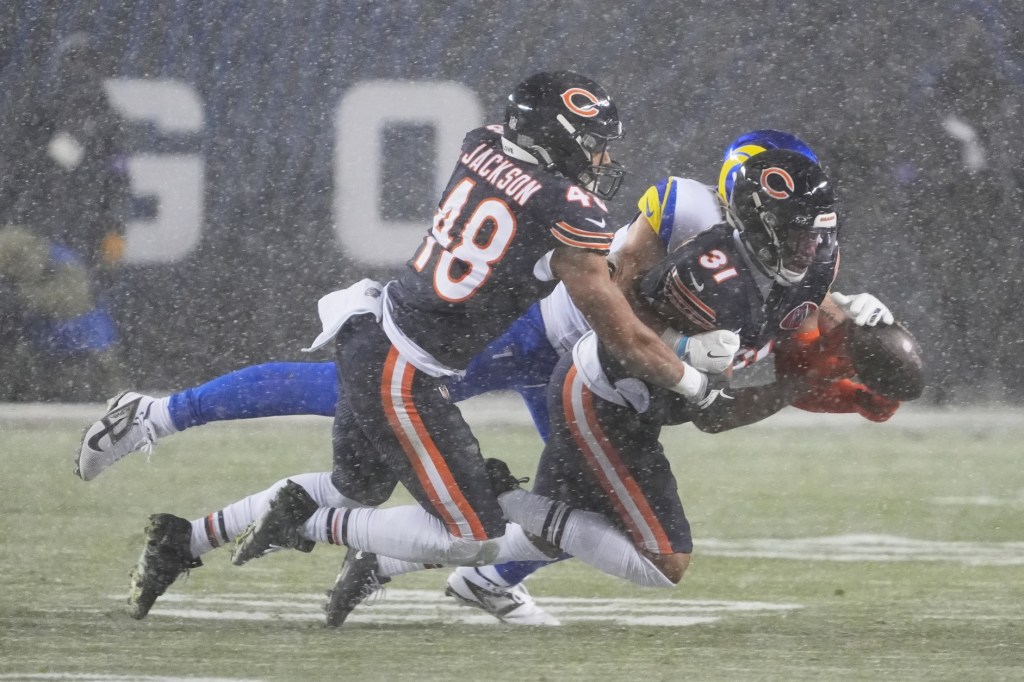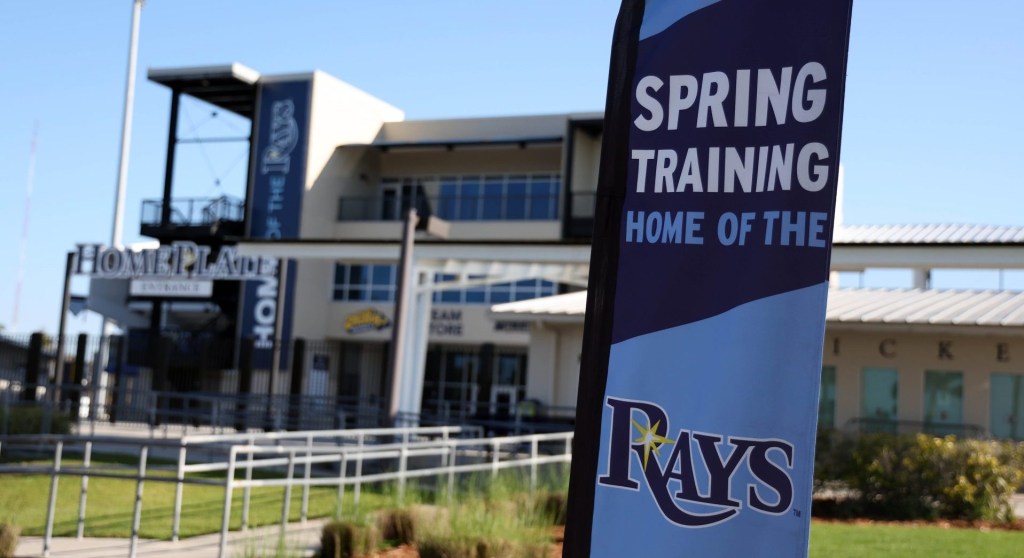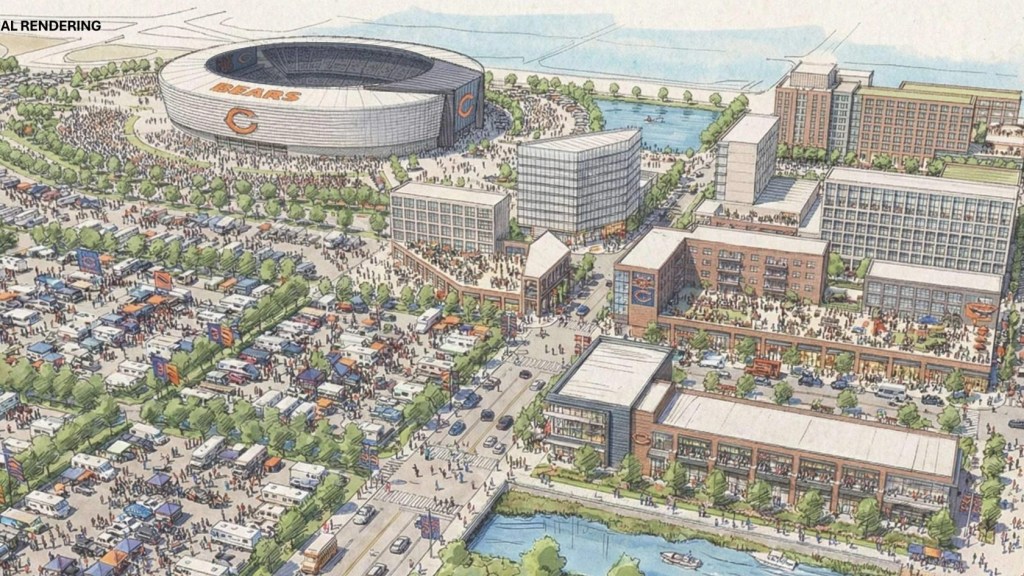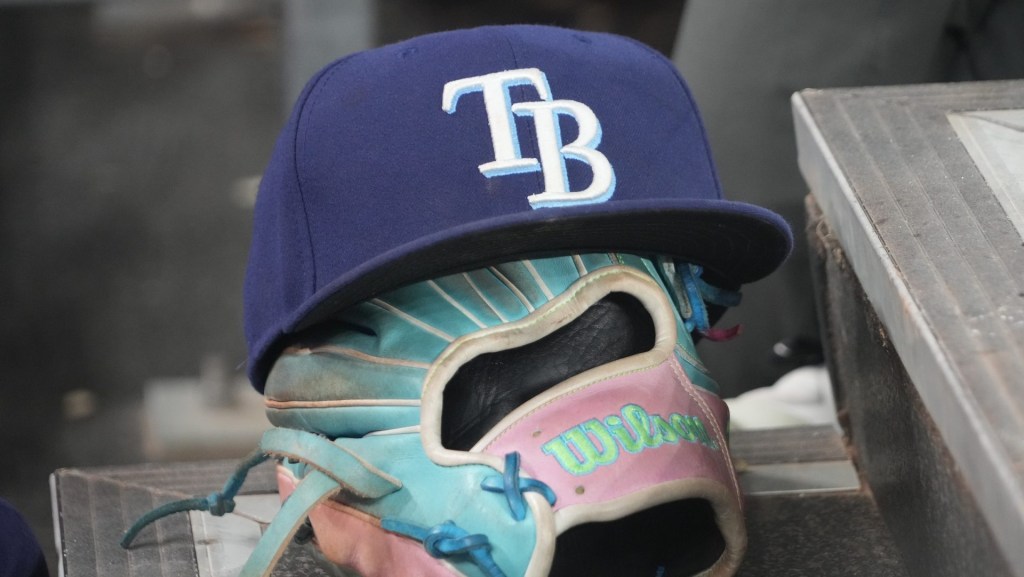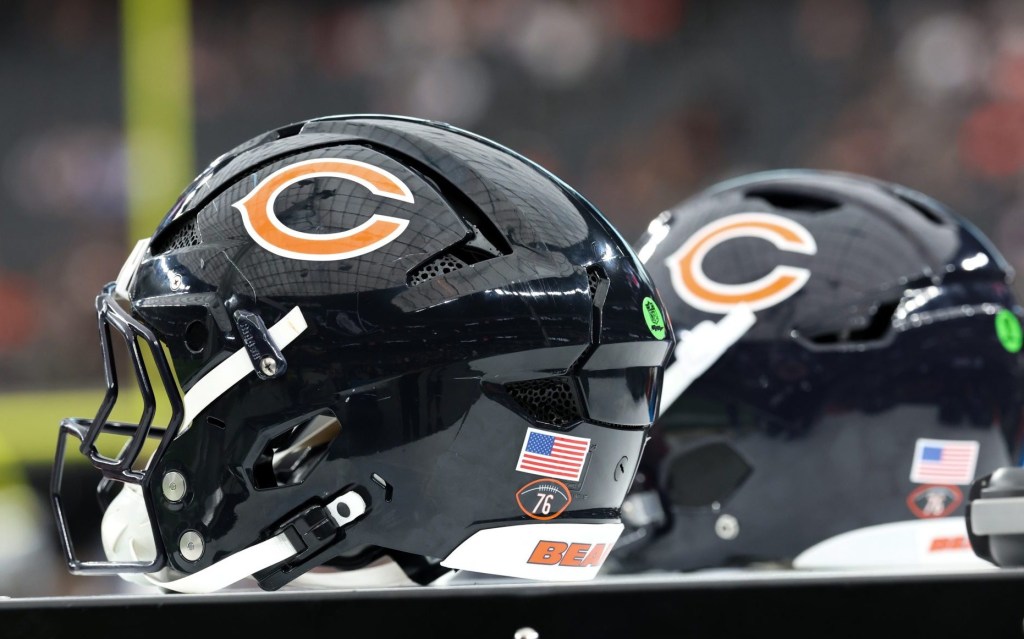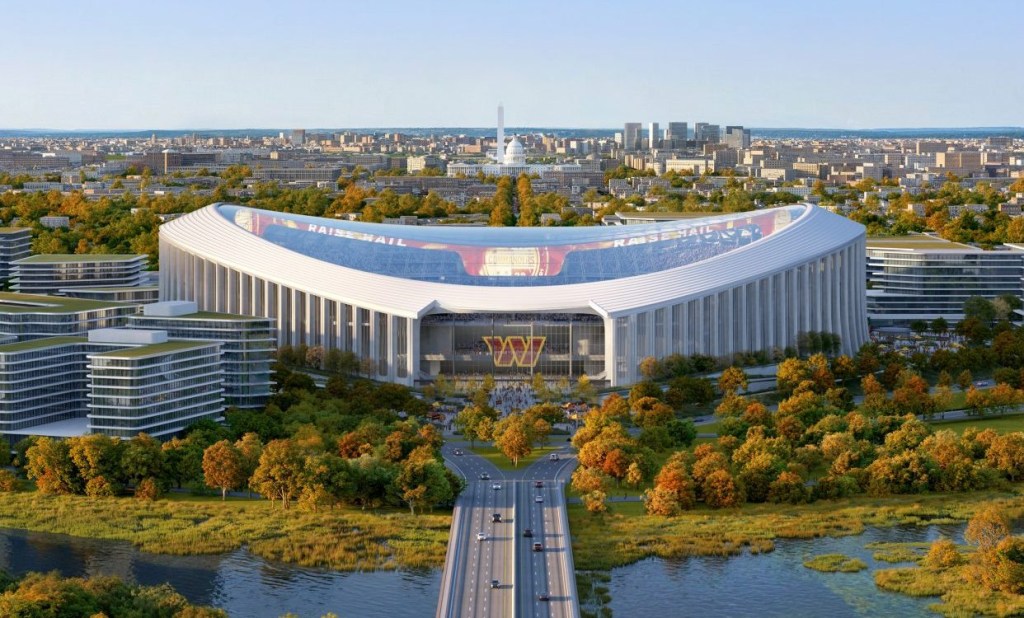Even after forging a plan to pay for their own stadium on team-owned land, the Bears are facing new obstacles in their suburban stadium push.
Six weeks after the NFL team detailed a revised vision to build a domed stadium and mixed-use development in Arlington Heights, Ill., a state legislator has filed a new bill that threatens to delay or revise the plan.
The proposed legislation from state representative Kam Buckner, who is from Chicago and has firmly opposed the team’s intended move out of the city, contains several potentially impactful measures, including:
- A requirement for Illinois sports franchises to reimburse schools, libraries, and emergency services for lost property taxes due to stadium deals. The Bears have long sought a greater ability to negotiate their own property taxes with Arlington Heights, and the Buckner bill would cut heavily into that.
- A requirement for financial agreements on stadium projects to be posted online for a month before finalizing, as well as a public report and open hearing. Many such details have historically been kept private by sports teams.
- A requirement to produce annual reports on job creation and tax revenue generated from a new stadium.
- Full repayment of all public subsidies, plus annual compounded interest, if a team moves or fails to meet other economic commitments.
“Building up our state’s economy and securing long-term prosperity is about putting our money where it will do the most good, not spending it on magic beans and hoping for the best,” Buckner said.
The latest legislation, entitled the Stadium Transparency and Responsible Spending (STARS) Act, potentially creates a further time crunch around the Bears project. The team has said that the overall stadium cost, already more than $5 billion, rises by more than $10 million per month. It’s not likely that the bill will be approved in the state’s fall legislative session, but Buckner intends for this to be at least the start of a broader conversation around the stadium financing.
Notably, the Bears have already backed off a prior ask for direct state funding for the stadium, in the wake of significant opposition from Gov. J.B. Pritzker and other key leaders. Instead, the team seeks $855 million in public support toward infrastructure.
Meanwhile, Pritzker has said the Bears should pay off outstanding debt on Soldier Field, the team’s current home, from a 2003 renovation before any legislation related to the Arlington Heights project is considered. That debt stands at more than $534 million.
The Browns grappled with somewhat similar issues in recent months, facing repeated maneuvers from the city of Cleveland to block a planned move to suburban Brook Park, Ohio, before reaching a $100 million settlement earlier this week.
